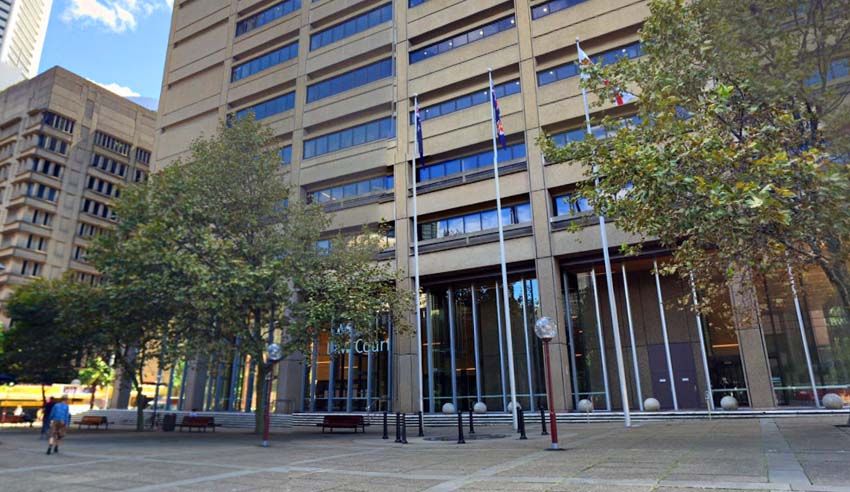A barrister who was found to have primarily practised in NSW but held a Queensland practising certificate has been removed from the roll of practitioners.

The Supreme Court has sided with the NSW Bar Association in ruling that barrister Julian Phillip Siggins is not a fit and proper person and should be removed from the roll of practitioners after he spent more than six years principally practising in NSW while “repeatedly and dishonestly” obtaining a Queensland Bar practising certificate.
When he first applied to the Law Society of Tasmania in 2008 for a barrister’s practising certificate – which did not make up the final findings – Mr Siggins gave the society his mother’s address. Later, each year when applying to Queensland, he nominated an address at AMP Place in Brisbane, which was a virtual office.
The Supreme Court agreed with the NSW Bar Council’s submissions that Mr Siggins’ conduct is incompatible with the characteristics of honesty and integrity required of a barrister and that he is currently unfit to practise as a barrister.
“Mr Siggins never conceded any wrongdoing. Secondly, Mr Siggins maintains his denial of wrongdoing and demonstrates no remorse or contrition,” the court ruled.
It added that his approach to the proceedings created the need for “extensive factual investigations” that included the need to obtain volumes of material from third parties in order to build a body of evidence required to establish a circumstantial case of dishonesty, “when the true position was known to Mr Siggins at all times”.
Mr Siggins submitted that the Bar Council’s factual case could not satisfy the onus of proof. He relied on the fact that relevant regulatory authorities in Tasmania and in Queensland each provided him with a “certificate of fitness”, which he contends is direct evidence that he is a fit and proper person to remain on the NSW roll.
“The certificates are plainly not determinative of that question,” the court found. “They indicate little more than that there were no complaints against Mr Siggins in those jurisdictions. In circumstances where the evidence is that he practiced mostly in NSW, the certificates are of little weight on that narrow question.”
The entire judgement and more details can be read on AustLII: Council of the New South Wales Bar Association v Siggins [2021] NSWCA 40 (25 March 2021).
